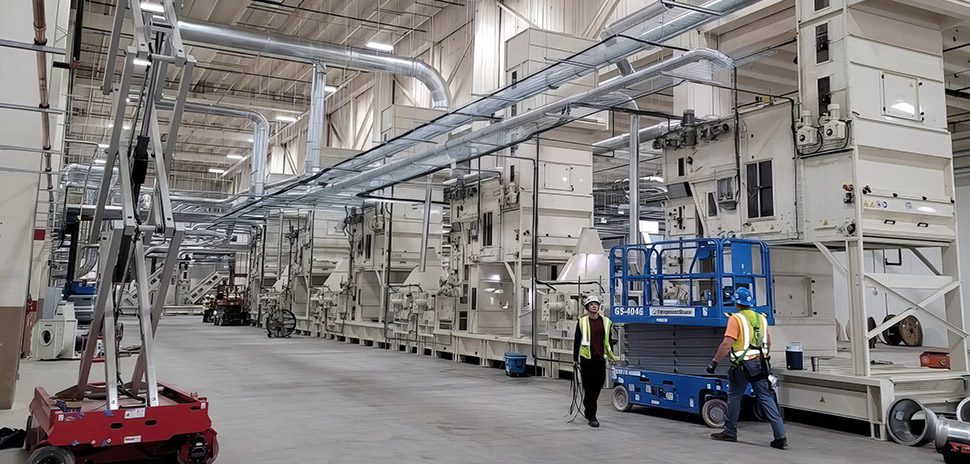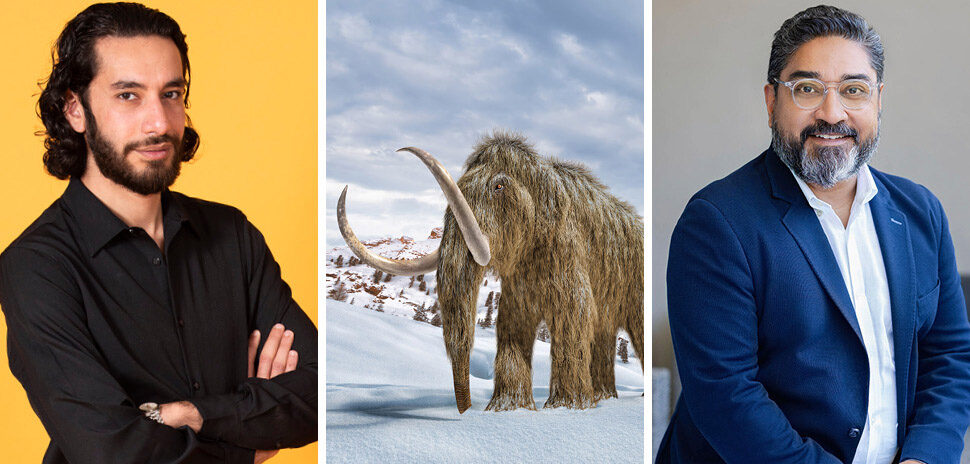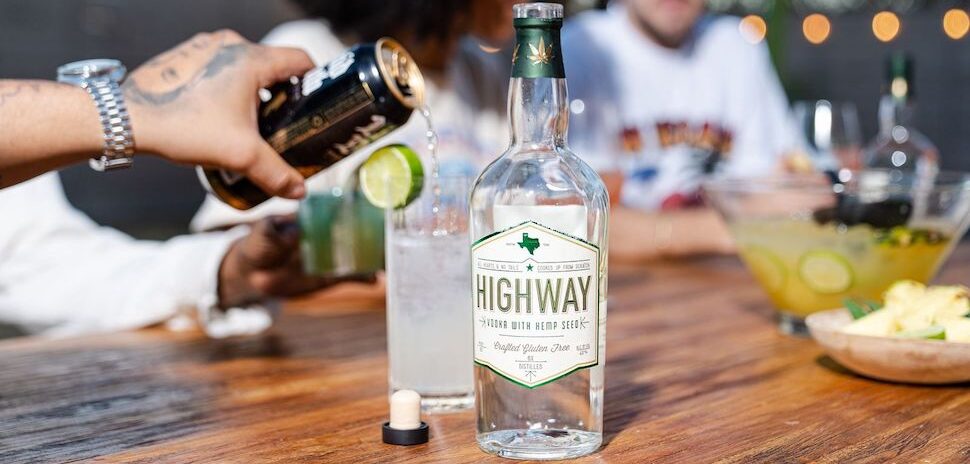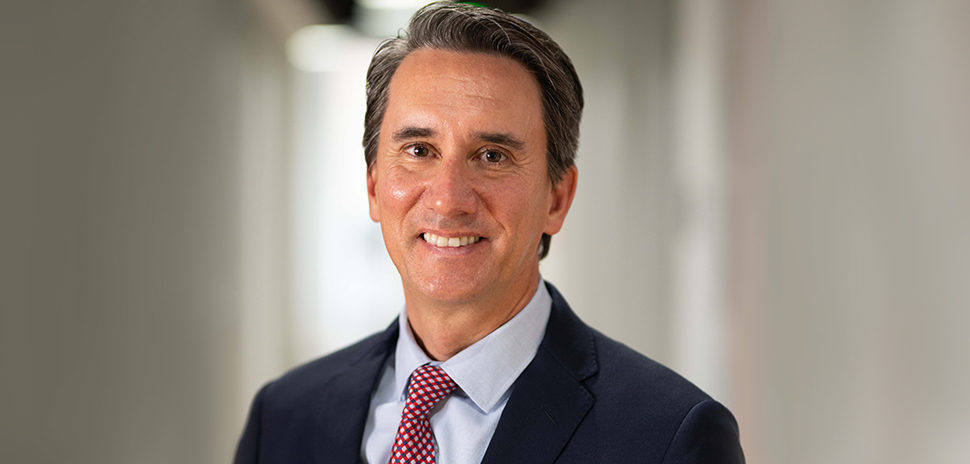Dallas-based Panda Biotech announced that it’s ready to bring its massive Panda High Plains Hemp Gin online and begin production early next year, calling the Wichita Falls facility the largest decortication center in the western hemisphere and one of the largest in the world.
The company said building construction of the 500,000-square-foot facility is complete, and the official commissioning process to bring the gin online has begun.
Panda said the Hemp Gin will process 10 metric tons of industrial hemp per hour to produce textile-grade fiber, hurd, short-fiber hurd mix, and a nutrient-rich co-product that will be pelletized.
Thousands of uses from textiles to cat litter
According to Panda Biotech, industrial hemp has thousands of uses, from textiles and paper to building materials and cat litter.
“Each piece of the Panda Hemp Gin production line, including the three miles of overhead pneumatic duct lines, refining, blending, mechanical cottonization, hurd bagging and storage, baling, and more, must be individually started, checked, balanced, and commissioned,” Panda Biotech EVP Scott Evans said in a statement. “Currently, all equipment is individually being brought online to be officially placed in service.”
Hemp decortication means the bast fibers and hurd fibers are separated in a process done via a decortication machine that mechanically separates the fibers of the hemp plant.
Green, growing, and competitive
Using only renewable energy sources, the engineering and production process at the facility has been certified green by Mid-South Engineering Co., in accordance with the International Capital Market Association’s Green Bond Principles.
Panda Biotech said it has also partnered with Oritain, a scientific traceability company, to bring the most traceable hemp grown 100% in the U.S. to market.
The company said it’s “actively signing contracts” with producers to grow the hemp feedstock for the 2024 growing season, as well as buying hemp fiber that has already been harvested or processed. Panda recently unveiled a pay-to-grow program for producers to begin growing Panda hemp, the company said.
With up-front, guaranteed money and agronomy support, Panda said producers also receive tested and proven seed at no cost, successfully mitigating the risk producers may assume and underscoring what Panda said is a commitment and promise to the farming community.
Panda said the benefits of growing hemp are substantial, as it’s an excellent rotational crop that remediates the soil and provides a competitive margin.
Privately held Panda Biotech said it is a “first-mover” in the emerging U.S. industrial hemp fiber and hurd industry.
![]()
Get on the list.
Dallas Innovates, every day.
Sign up to keep your eye on what’s new and next in Dallas-Fort Worth, every day.


































































